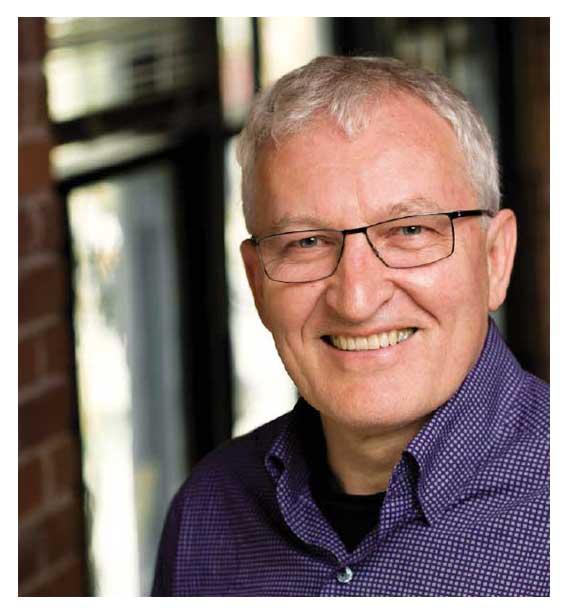 Embed the value of housing affordability in sustainability
Embed the value of housing affordability in sustainability
A lone voice from Vancouver issued a challenge at the Greenbuild #2 conference in Pittsburgh in 2003: “What will the US Green Building Council do to address the fact that the right building in the wrong place is the wrong building?” This was one of many factors that led USGBC to develop LEED for Neighbourhood Development [LEED-ND] to guide sustainable community development, and Vancouver’s False Creek Olympic Village was one of the first recipients of LEED-ND Platinum.
By Graham McGarva
But great as that accomplishment was, it is easy to overlook where the Olympic Village fell short, in not replicating the essence of social sustainability exemplified by its forty-year-old neighbour, False Creek South [FCS]. The core difference between the communities lies in the form of ownership and rights of use of the land. The Olympic Village is freehold; False Creek South is primarily leasehold land, owned by the City of Vancouver, with individual land parcels leased to strata title condominiums, housing co-operatives, and market and non-profit rental housing groups.
The False Creek South Neighbourhood Association—an elected assembly with representatives from each development—created *RePlan in 2010 to work with the City of Vancouver [CoV] on new lease options to preserve the community beyond lease expiry. On January 25, 2017, City Council approved a work plan whereby staff and *RePlan will collaborate in jointly planning the future of this inner city community for the next 60 to 100 years, including retention of affordable housing and addition of infill development. In line with city policy, the bulk of the community will comprise some form of affordable housing. The impetus is that ground leases terminate between 2036 and 2046. Less than a 20-year window for borrowing is already causing challenges with long-term financing for mortgages, upgrades and preventive maintenance.
Common ownership has energised this community. Since False Creek South’s inception in the mid-1970s, it has sustained strong cohesion as a community environment. Community cohesion is a diminishing asset in Vancouver’s single-family and multi-family neighbourhoods, as the escalation of land cost has soared way beyond its affordability value. False Creek South has seen market cost escalation also, but the tether of leasehold versus freehold land tenure has always deterred its appeal as a vehicle for maximising capital gain on re-sale. Instead FCS has been treasured as a place to live, not just by housing co-operatives, whose members own their buildings in common and forgo equity return above the cost of living, but also for strata condominium owners. Their focus on the value of the community where they live is not on speculative land value gain, but on loving this community and having long-term asset security.
The present and future are not the past. While things must change, even to ‘stay the same’, it is unwise to overlook the positive anomaly of leasehold tenure as a brake on market forces. Shifting focus from the extreme escalation of market forces has led to a tempered wisdom that enhances overall affordability, with stewardship of the land to benefit current and future generations in the community.
Going into the *RePlan process with the City, the concept of “embedded affordability” is emerging as the truly sustainable value proposition. This is a corollary of continuing the intelligent use of this land by the City as a form of commons. Whether the FSC land becomes formalised as a Community Land Trust, or continues as an account within the City of Vancouver’s Property Endowment Fund, the CoV has to balance twin duties. On the one hand, the CoV must protect the value of its fiscal assets for the benefit of all City residents. On the other, it must steward the affordability value arising from the ongoing success of this mixed income community in providing affordable housing options for a growing segment of Vancouver’s population. Going beyond green, this emphasis on the embedded value of affordability broadens the perspective of full-cost accountability applied to buildings, to enhancing the contribution made by the lives lived in in those buildings. Sustainability is not an empty house.
Graham McGarva MAIBC, LEED-AP, is a member of False Creek South RePlan, and former principal of VIA Architecture.





